Sex is part of life. When children get older and enter their teenage years they’ll become more and more curious. This involves exploring and experimenting and finding out about themselves. This is perfectly natural and a part of growing up for everyone. But knowing when normal sexual behaviour becomes harmful sexual behaviour can be difficult.
As parents it’s our job to look out for the signs that something is wrong, and to teach our children about what is okay and what isn’t, so they grow up safe and with a healthy relationship to sex.
What to do if you're worried
In this film, Professor Simon Hackett shares advice for parents who may be worried about their child’s sexual behaviour. You can access the Parents Protect and Stop It Now! websites he mentions here. Stop It Now! also have a confidential helpline you can call on 0808 1000 900.
What is harmful sexual behaviour?
People can have different thoughts about what normal sexual behaviour is. In wider society what is generally thought of as ‘normal’ changes and develops over time. Depending on your beliefs and background you will have your own opinions. Our page on healthy sexual behaviour has more information on this.
But when we talk about harmful sexual behaviour in children and young people we’re specifically talking about behaviour that is inappropriate for those under 18. This means sexual behaviours that are harmful to themselves or to others.
This can include:
- deliberately and frequently seeking out unsuitable content online
- using inappropriate language
- taking part in sexual activity they’re not ready for with peers
- sexual interactions where there are significant power differences, lack of consent, or force or threats
- engaging in abusive or sexually violent sexual behaviour, either online or offline
- any sexual behaviour that seems compulsive or which upsets their day to day lives.
This can be behaviour they’re doing themselves, behaviour with older or younger children, or behaviour between children or young people of the same age. Harmful sexual behaviour can range in seriousness from young people just not being aware of what is appropriate and what isn’t, to more extreme cases involving serious abuse. This is why it’s referred to as ‘harmful sexual behaviour’ rather than child sexual abuse, which is when an adult abuses a child or young person. If you’re concerned about child sexual abuse, we have lots of information and advice to help you here.
Knowing how to spot harmful sexual behaviour as a parent is important and it can be difficult. Upstream has more information about potential warning signs to look out for. You can also find more advice for talking to your teen about harmful sexual behaviour on the Upstream website.
What is technology assisted harmful sexual behaviour?
Harmful sexual behaviour doesn’t just mean being abused or forced into sex or sexual activity. It also refers to things that happen online such as:
- sending or receiving unwanted sexual messages
- being forced to send nudes or receiving unwanted sexual images
- seeking out harmful sexual content
- watching too much porn
- using overly sexual language.
While some of these may sound less serious, they can still have upsetting consequences for young people.
What to do if your teen is a victim of harmful sexual behaviour
It’s extremely upsetting if your teen has been the victim of harmful sexual behaviour, either online or offline. The first thing to do is reassure them that it’s not their fault and they’ve nothing to be ashamed about. In some cases your teen may not even be aware or understand what has happened.
It’s important that you get them the help and support they need.
- The NSPCC have a number of services aimed at helping young people deal with sexual abuse.
- The Stop it Now helpline also offers help and advice for parents on what to do in this situation.
- Scotland’s Domestic Abuse and Forced Marriage Helpline is available 24/7 to support anyone experiencing domestic abuse or forced marriage, as well as their family members and friends.
- The Rape Crisis Scotland Helpline supports people of all genders living in Scotland aged 13+ who have been affected by sexual violence. The Helpline supports survivors, as well as family and friends.
I’m worried my teen is displaying harmful sexual behaviour
It may even be that your teen is the one displaying unwanted sexual behaviour. This is very difficult and upsetting to come to terms with as a parent. But it’s important to remember that children and young people are still learning about what is appropriate, what is normal behaviour, and what consent means.
By spotting inappropriate behaviour early on, you can help change it and encourage your teen to develop a positive attitude to sex. It’s important to remember that most young people who display harmful sexual behaviours can learn to understand the issue and change their behaviour with the right support.
What to do if your teen is displaying harmful sexual behaviour
If you think this is happening, the most important thing is to confront the issue. Ignoring it will only make it worse.
That means it’s important when you speak to your teen to stay calm. Speak to them somewhere privately and ask them if something is wrong. Explain to them why their behaviour is concerning you and what the potential consequences can be. Reassure them that you’re there for them and that they can always talk to you.
It may well take more than one conversation to get through to them, as they may feel embarrassed or ashamed and not want to talk about it, or they may deny that anything is wrong.
You could suggest that your teen has a look at Shore, a safe space for teenagers who are worried about sexual behaviour to get help and advice anonymously.
If you’re concerned about your teen’s behaviour and want further advice there is help available. Stop it Now! have information to help and they have a confidential helpline you can call if you want more help and support.
Sex and the law
Harmful sexual behaviour is often against the law. It’s not just things like sexual assault that are crimes. Unwanted sharing of nude pictures, unwanted sexual comments, or sending other people unwanted sexual images can be illegal too. Any sexual activity between adults and young people under 16 is also illegal.
When talking to your teen about harmful sexual behaviour it’s useful to have an idea of what is illegal or not. This can help you make them understand what behaviour is not okay. The CEOP Safety Centre has more information on sex and the law.
 Activities & Play
Activities & Play Behaviour
Behaviour Childcare
Childcare Development & Growing Up
Development & Growing Up Family, Friends & Relationships
Family, Friends & Relationships Feeding Your Baby
Feeding Your Baby Food & Eating
Food & Eating Health & Safety
Health & Safety Mental Health & Wellbeing
Mental Health & Wellbeing Money & Work
Money & Work Online Behaviour & Safety
Online Behaviour & Safety Pregnancy & First Days
Pregnancy & First Days School & Education
School & Education Sleep
Sleep

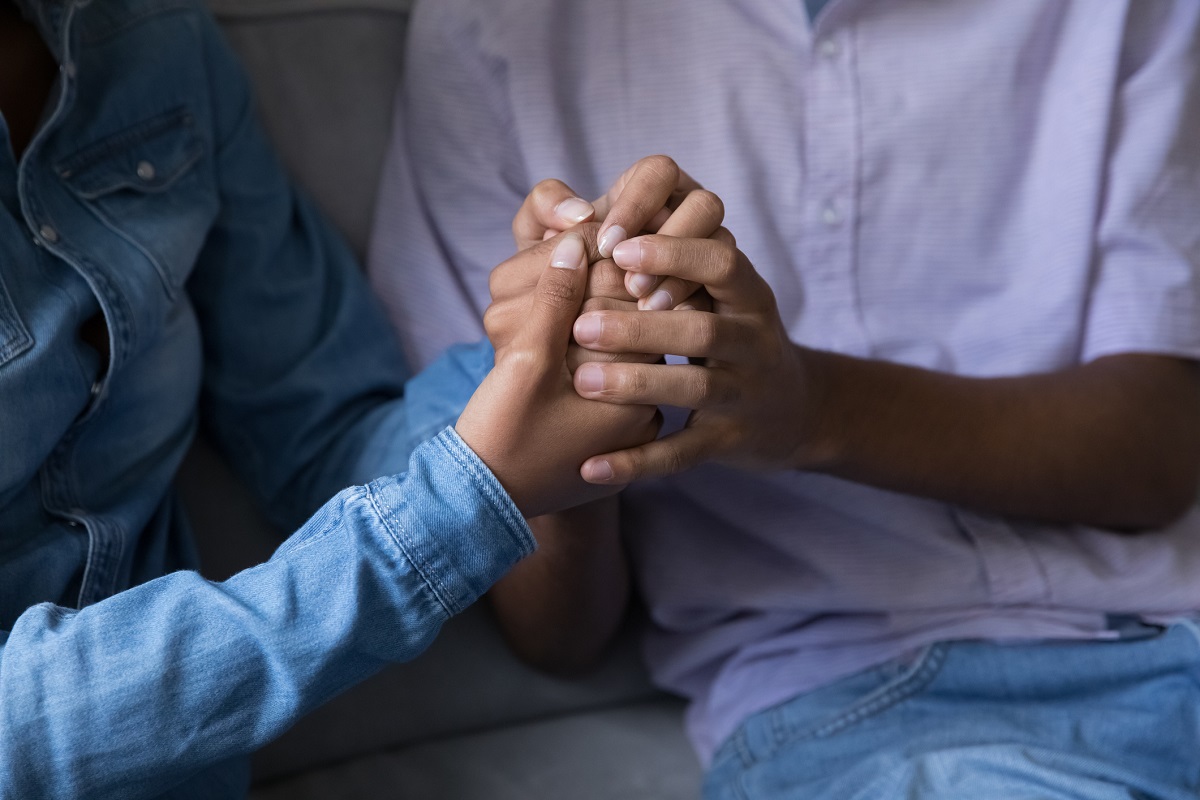
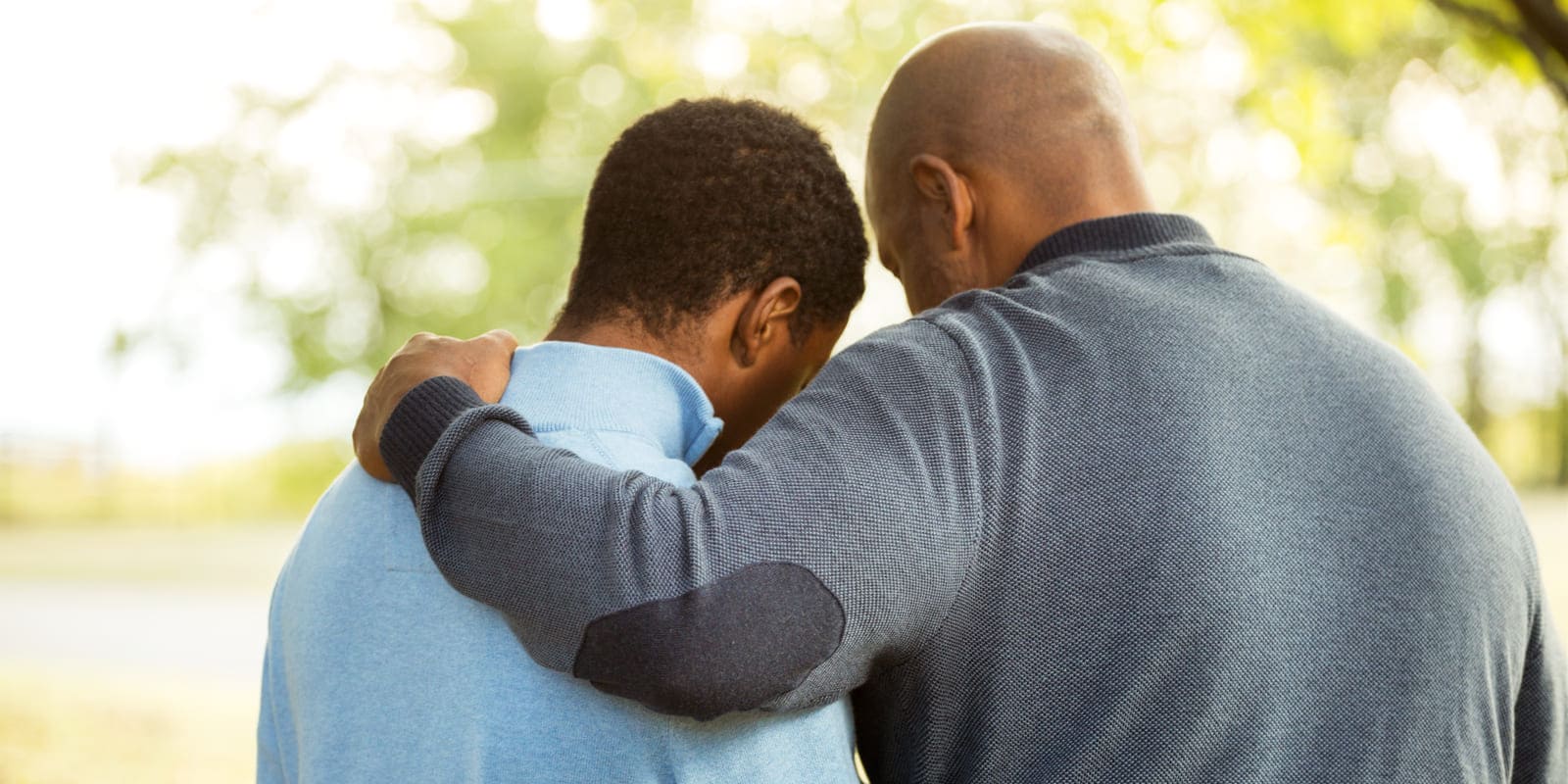
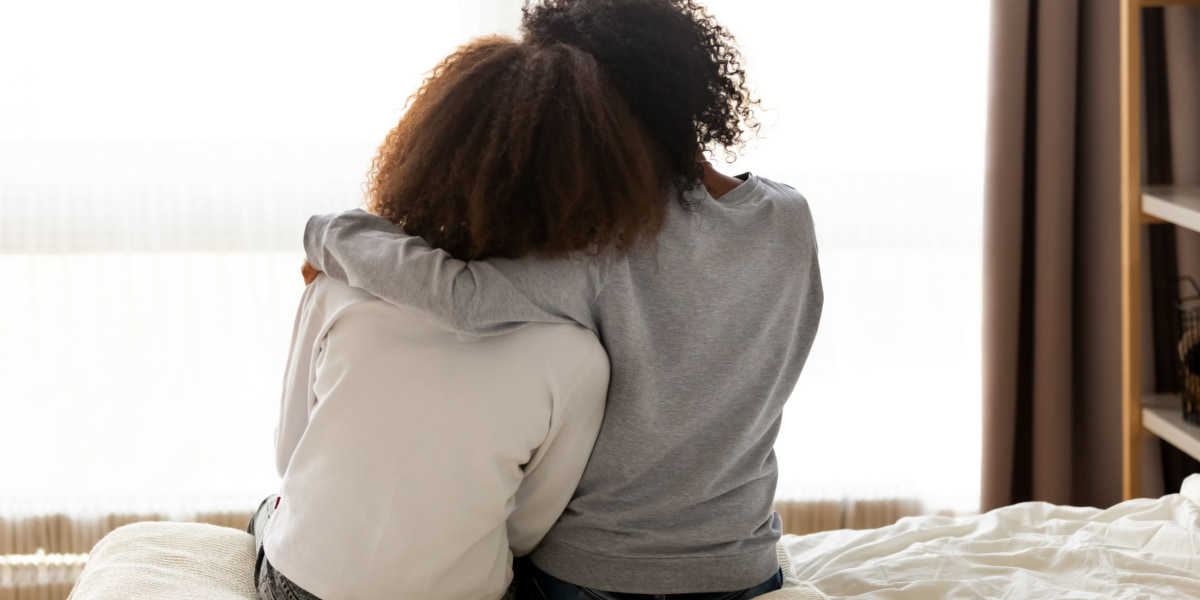

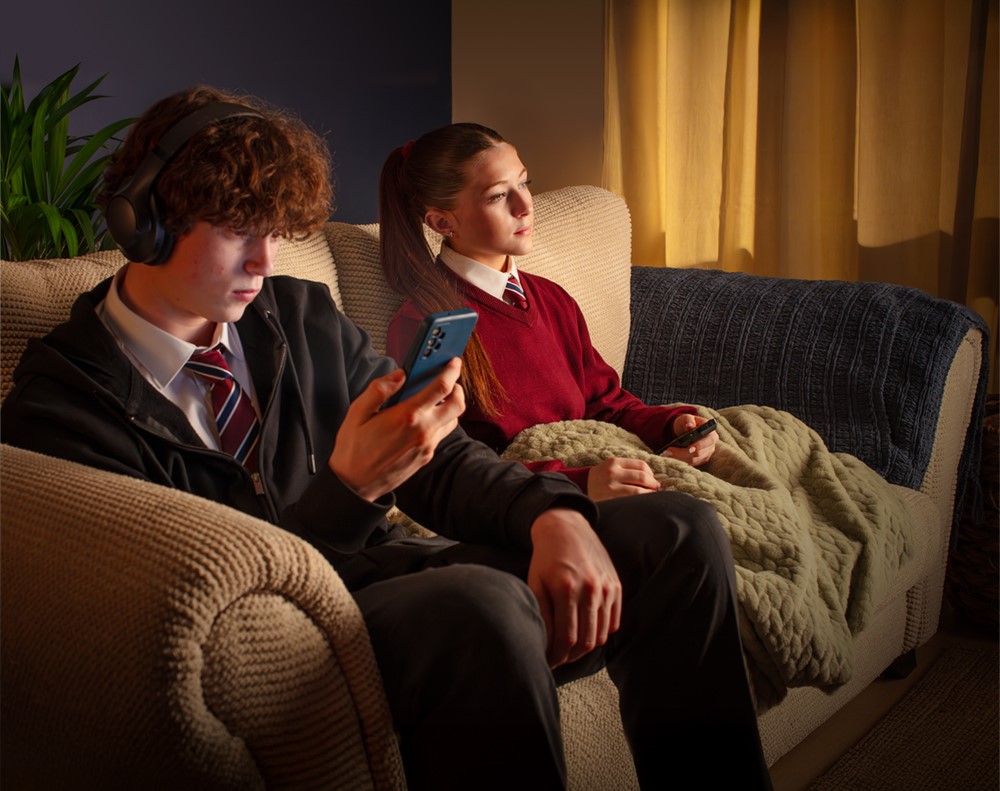

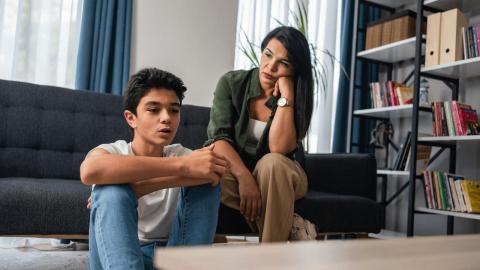
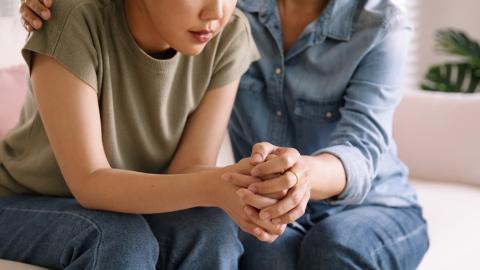
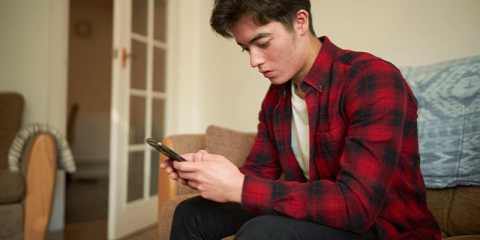
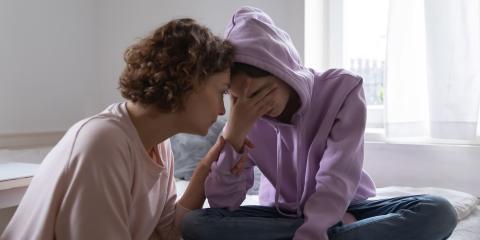

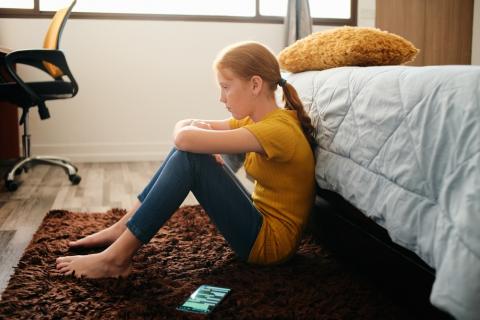
 Mental Health & Wellbeing
Mental Health & Wellbeing
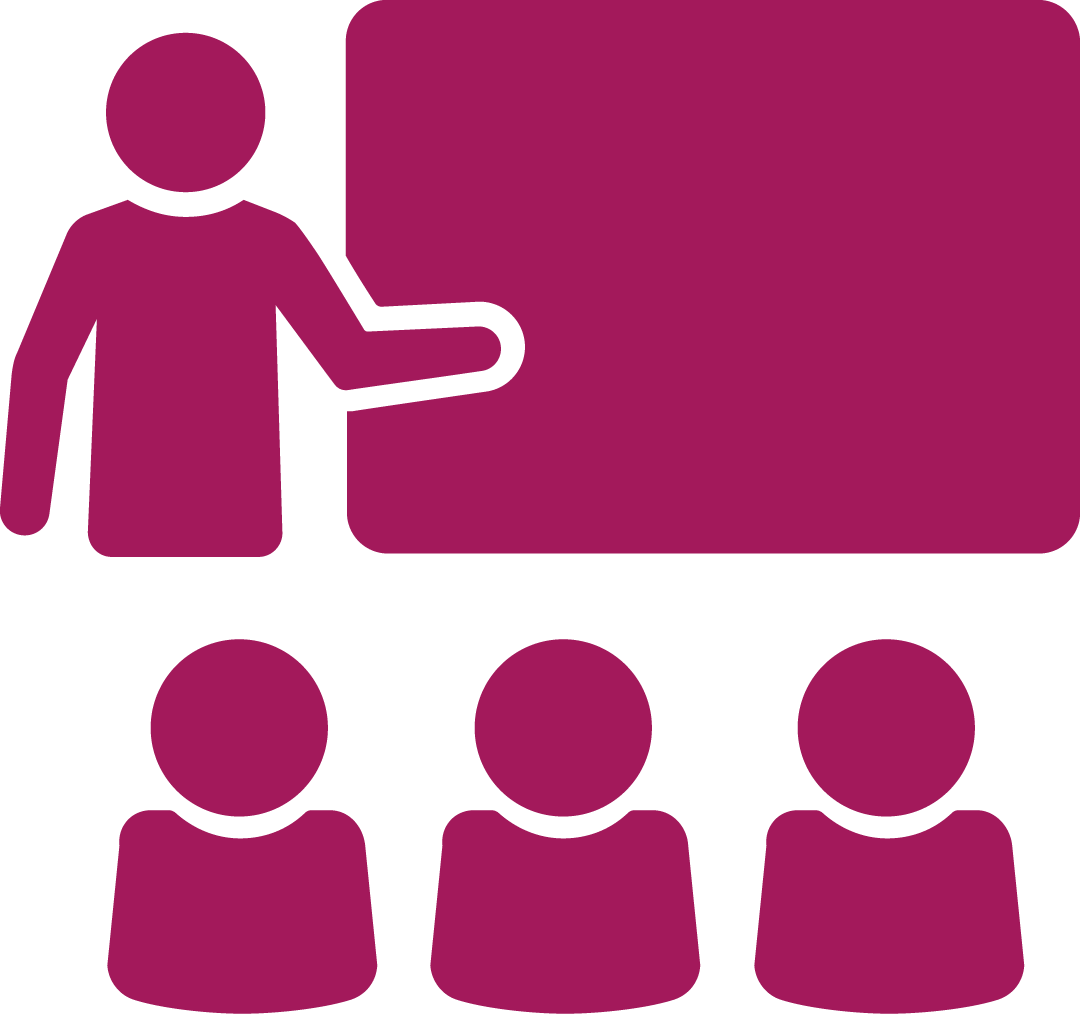 School & Education
School & Education